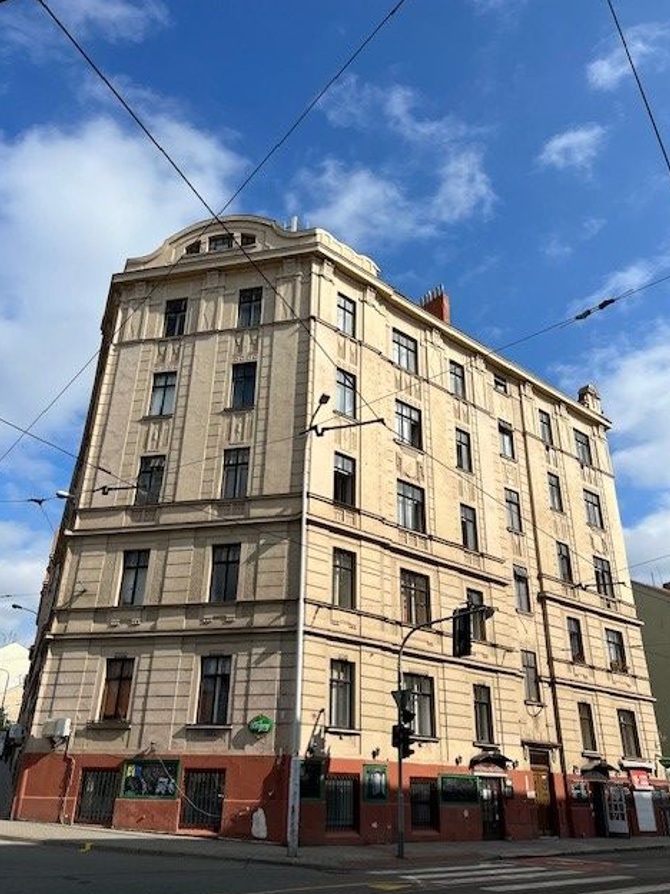As global travel is becoming more affordable and accessible, hotel accommodation must also change. Hotels and hostels are no longer what they were ten or even five years ago and are adapting to coworking and coliving trends worldwide – they are more lifestyle-oriented, says Bolesław Kołodziejczyk, PhD, Head of Research and Advisory, Cresa Poland.
Developers who have so far focused exclusively on the office or retail markets are beginning to build hotels. Is this only about diversification of investment portfolios?
There’s a variety of factors at stake – diversification is naturally one of them but should be done wisely. The Polish hospitality market is experiencing a strong performance growth and some locations can offer higher rates of return compared to the office market. Besides, it is still a relatively unsaturated market with its advantages and disadvantages, of course. There’s still room for investors and plenty to do. Poland is being targeted by international hotel groups, including those who have not entered the Polish market yet but whose products are attracting investment funds. It is worth adding here that hospitality investment volumes in Central Europe rose threefold in the last 11 years.
Of all Polish cities, Gdansk, Warsaw and Katowice are seeing the strongest hotel supply growth.
Wrocław leads the way in terms of market performance with RevPAR up by 13 percent in the January-to-April period compared to the same period last year. It has been experiencing sustained growth in business and the office market, as well as tourism for a couple of years now. Although Poznań got off to a weaker start in the first months of the year, it posted the strongest RevPAR growth in Poland last year (up by 9.4 percent on 2017).
Which are the fastest-growing market segments? Where are the highest customer numbers?
Demand for hospitality and tourism services is rising steadily across Poland, driven by business travel and increasingly by the growth in tourism. Tourists frequently require different hotel accommodation than business people. Such hotels are not part of bigger chains. Approximately 65% of hotel facilities operate locally without any recognisable brand.
As you can travel the world for peanuts, hotel accommodation must also change. Hotels and hostels are no longer what they were ten or even five years ago and are adapting to coworking and coliving trends worldwide – they are more lifestyle-oriented. They are better suited to the needs and financial capabilities of the new generation. Young travellers generally need just accommodation and a no-frills service. They can’t afford three stars, but they don’t need them either as they spend most of their time outdoors. Although they are not traditional buyers of hospitality services, they should not be disregarded as they are growing in numbers and represent a big growth opportunity for the market.
Hotel brands have been operating on the Polish market so far mainly under franchise or management contracts. A lease agreement is a relatively new model, but often favoured by developers.
Cooperation under franchise or management agreements involves more market risks and requires stronger commitment to running a hotel – developers active on various markets usually don’t want to engage in that. A lease agreement, meanwhile, is a guarantee of stable profits and better divestment prospects. Investment funds target products generating stable income streams which are offered only by market players operating under lease agreements.
There’s also a mixed model on the hospitality market. What’s it about?
A tenant can run a hotel under its own brand or operate under a franchise agreement with an international chain. Both solutions have strong advantages. In the former case, the operator does not have to pay fees to a chain, which keeps costs down, and enjoys more operational and cost flexibility in providing an appropriate hotel fit-out standard. In the latter case, the operator gets access to loyal customers to boost hotel occupancy levels and a strong brand that is more widely recognised by hotel customers and equity investors. However, there is a drawback to this solution – it is more costly.
The model of cooperation between a hotel’s operator and owner or developer is a function of many factors, including the hotel’s characteristics and location. However, it is vital that the investor identifies investment needs and specifies the preferred risk level as to expected profits and the expected divestment model.
What’s the outlook for the hospitality market in the coming years?
Looking ahead, many new overseas operators will enter the Polish market to offer brands in all segments in addition to the largest chains that have already established a presence here. In my opinion, due to a dearth of economy hotels, this sector will see the strongest growth. I think that development activity will also accelerate in eastern Poland. In addition, Via Carpatia, a transnational route currently under construction, will further encourage tourists to travel to eastern Poland, which has already become a tourist hot spot.







